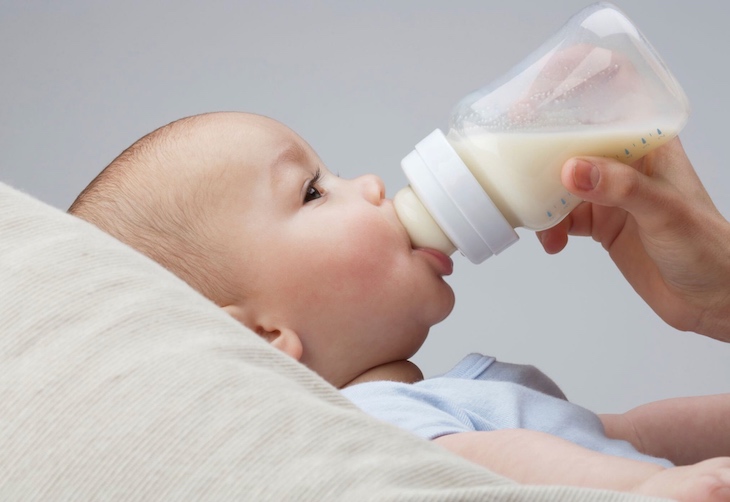The Council of State and Territorial Epidemiologists (CSTE) is recommending that cronobacter be added to the list of notifiable pathogens reported to the Centers for Disease Control and Prevention (CDC). This is notable, since this pathogen, which can be deadly to infants, has not been tracked and is not reportable except in two states: Minnesota and Michigan. Because it is not tracked, we do not know how many infants are sickened by this pathogen.

It’s unfortunate that states will not be required to notify the CDC about these infections, but will only be asked to, although states usually do comply with this type of request. The position statement establishes standardized criteria for case definition and case counting that will be used for public health surveillance purposes. This change will start in 2024.
In the fall of 2021, the CDC received notice about three infants who had been sickened with cronobacter infections. They had been fed infant formula manufactured at the Abbott Nutrition facility in Sturgis, Michigan. The state of Minnesota was the first to report an illness.
These illnesses prompted an FDA inspection of the plant in February and March 2023. FDA’s Form 483 inspection report stated that the company, “did not maintain a building used in the manufacture, processing, packing, or holding of infant formula in a clean and sanitary condition.” And the FDA found Cronobacter sakazakii on zone two and zone three surfaces in medium and high care areas of powdered infant formula production. Based on the results of that inspection, the plant was shuttered and the company’s Similac, EleCare, and Alimentum powdered infant formulas were recalled.
Although the Abbott plant was shut down for months after this inspection, and although Cronobacter was found in the plant, the infant illnesses could not be linked to Abbott Nutrition products.
The shut down caused an infant formula shortage that panicked parents. The FDA had to increase importation of infant formula from other countries to help meet demand. The Abbott facility opened again in May 2022 after entering a consent decree with the FDA.
One of the issues is that powdered infant formula is not a sterile product, and infant formula manufacturers claim that it cannot be made sterile. Liquid infant formula, however, is sterile, although it is more expensive than the powdered variety. Parents are told to talk to their child’s pediatrician about the best choices of formula to use for their infant.
About this recommendation, CSTE Executive Director Janet Hamilton, MPH, said in a statement, “I’d like to commend our members and partners who collaborated on this position statement to advance national surveillance efforts for Cronobacter infections. These efforts will assist public health agencies in quantifying and identifying the cause of Cronobacter infections and, coupled with education efforts, will help protect the health of those most vulnerable. Ultimately, we want these infections to be prevented.”




